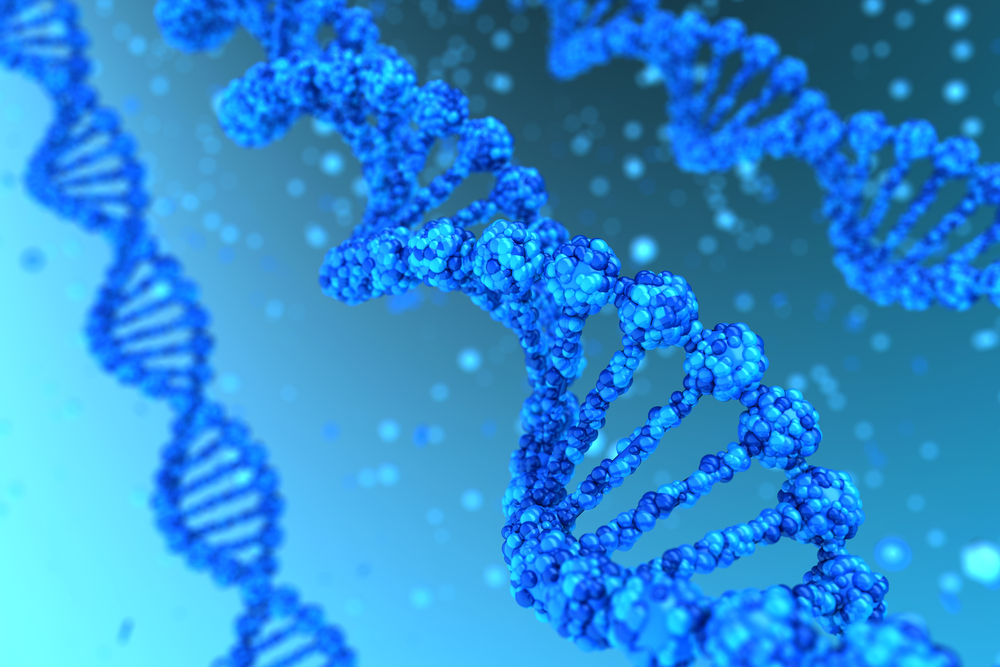Avidity Secures $100M Funding to Advance Treatments for Myotonic Dystrophy, DMD
Written by |

Avidity Biosciences has obtained $100 million to advance its programs for muscle disorder therapies, including a potential Antibody Oligonucleotide Conjugates (AOC) treatment for myotonic dystrophy type 1 (MD1).
Based on a technology pioneered by Avidity, AOCs belong to a new class of lab-made molecules that combine the selectivity of monoclonal antibodies with the precision of therapeutics based on oligonucleotides (short DNA or RNA strands). This technology overcomes barriers to successful delivery and targets genes that drive diseases, while RNA therapy modifies or provides RNA to patients’ cells.
“Using our AOC platform, we can unlock new potential for RNA therapeutics by efficiently targeting muscle and immune cells,” Sarah Boyce, Avidity’s president and CEO, said in a press release. “These funds will enable Avidity to advance our growing proprietary portfolio of multiple programs.”
According to Avidity, its technology enables delivery of multiple therapeutic oligonucleotides on a single antibody scaffold. Discovery efforts are underway in Duchenne muscular dystrophy. Similar to Sarepta Therapeutics‘ Exondys 51 (eteplirsen), Avidity’s oligonucleotides work by skipping over mutated exons — the bits of DNA that contain the information to generate proteins — to increase the amount of functional protein and improve muscle health.
The company’s lead program is focused on myotonic dystrophy, a multisystem disease in which toxic RNA impairs muscle function. The disorder is caused by expansion of a CTG repeat in a region of the DMPK gene not involved in the production of myotonic dystrophy protein kinase. Of note, C stands for cytosine, T for thymine, and G for guanine, three of the four building blocks (nucleotides) of DNA.
Using a mouse model, Avidity’s experimental therapy, which targets the transferrin receptor to enter muscle cells, has been able to reduce DMPK expression.
In mice with DMD, Avidity’s approach led to an approximately 100-fold greater exon skipping activity than the same oligonucleotide without targeted delivery. Also, compared to control mice, treatment with a single 10 mg/kg AOC dose led to a 10% increase in levels of dystrophin, produced in little or no amount in people with DMD.
RTW Investments led this Series C financing round, being joined by new investors Cormorant Asset Management, the nonprofit CureDuchenne, Logos Capital, Perceptive Advisors, and ST Pharm. Returning investors included Alethea Capital, Alexandria Venture Investments, Boxer Capital of Tavistock Group, Brace Pharma Capital, EcoR1 Capital, Partner Fund Management, and Takeda Ventures. As a result of its research partnership with Avidity, Eli Lilly and Company contributed $15 million.
Roderick T. Wong, MD, managing partner of RTW Investments, will join Avidity’s board of directors. “Our investment team is excited about Avidity’s first-in-class therapy for myotonic dystrophy and the potential of its AOC platform to deliver RNA-based therapeutics to muscle and create transformative treatments for diseases with high unmet need,” he said. “As a member of the board, I look forward to supporting the advancement of their pipeline into the clinic.”





